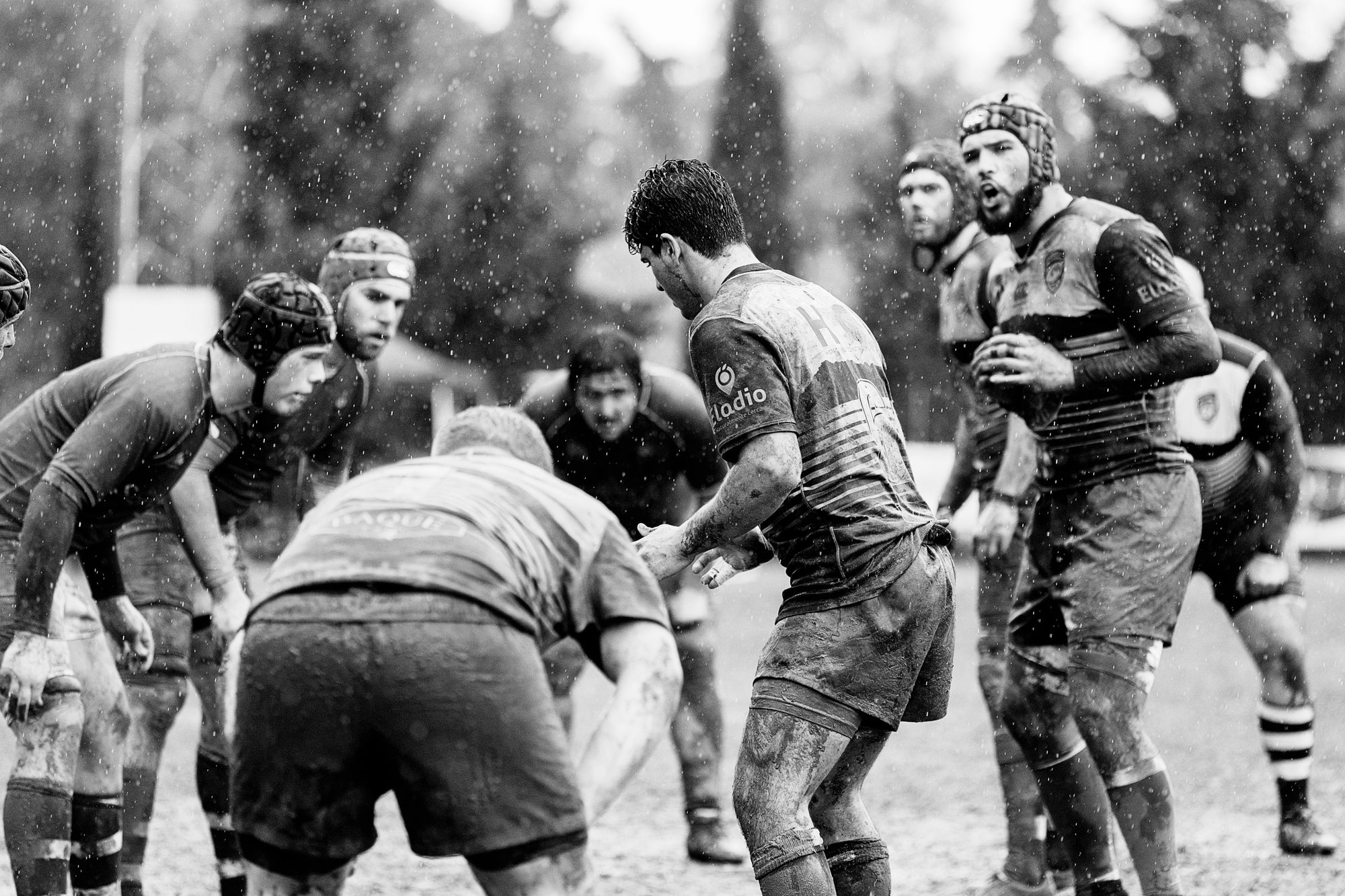Is Your Team Dysfunctional?

Spoiler alert!
This blog post is a book review - "The Five Dysfunctions of a Team" by Patrick Lencioni and contains references to the contents of the book.
This book was recommended to me by my husband, as we spent hours in the last few months talking about effective teams, how can we improve the way our teams are working, and understand what's not working and why.
The book discusses a real-life scenario in which a tech company is experiencing ongoing disappointments, which is not an unusual situation for many of us. It is similar to having a dysfunctional family, but worse because we spend more than eight hours per day at work. Just like in a dysfunctional family, we want to fix the issues in our teams too. However, before we can fix the problems, we need to identify what exactly is causing the dysfunction.
Why are teams dysfunctional?
Teams are usually composed of individuals who have different visions, interests, opinions, beliefs, strengths, and weaknesses. Even if these individuals are great professionals in their respective areas of expertise, they might still end up in conflict. To make matters worse, if the manager is unable to build relationships between these individuals, it can lead to a dysfunctional team.
We might love watching the intrigue or power battles in House of Cards, but we want peace in our workplace.
So, what do you think the tech company mentioned above did to solve their problems?
Yes, funny though but you correctly guessed, they hired a new CEO.
Changing an individual's behavior alone would not solve their problems. Instead, it is crucial to identify and address the dysfunctions that exist within the management team. After hours and days of open communication, exposing day-to-day work issues and healthy debates, they were able to identify the following five dysfunctions that were causing problems within their team's relationships.
The 5 dysfunctions
1️⃣ Absence of Trust
It's in human nature to not be comfortable showing ourselves vulnerable, at least when we're dealing with our teammates. But exactly the lack of vulnerability stops the teammates from gaining trust in each other. Being vulnerable and showing our weaknesses and limitations having no fear of being judged or rejected helps to build confidence between the team members.
“Great teams do not hold back with one another. They are unafraid to air their dirty laundry. They admit their mistakes, their weaknesses, and their concerns without fear of reprisal.” - Patrick Lencioni
2️⃣ Fear of Conflict
In a team where there is no trust between the team members, it is hard to have conflicts because people tend to keep their true opinions to themselves just to avoid entering into long argumentative discussions.
But conflict is good when it is a constructive one. Debating on different subjects, and putting on the table all the pros and cons of an idea can help build a good relationship between the team members.
If the team members trust each other, they will know that the words are spoken with good intentions and no hard feelings should be developed.
3️⃣ Lack of Commitment
Image the following - you're part of a team, you don't have much trust in your teammates as you're not sure of how well-intended they are and you feel that your voice is not heard. What are the chances you get committed to what they're proposing?
Few.
You can overcome this dysfunction by maximizing clarity, ensuring the ideas are well communicated, and that all the team members express their opinions.
“If you could get all the people in an organization rowing in the same direction, you could dominate any industry, in any market, against any competition, at any time.” - Patrick Lencioni
4️⃣ Avoidance of Accountability
This dysfunction appears when the teammates are unwilling to take the risk of calling a peer on his or her behavior and trying to avoid difficult conversations. This might happen when you're feeling close to someone so you hesitate to give him or her honest feedback.
When inside the team there is already a culture of trust and commitment built, the team members tend to confront difficult issues to hold each other accountable. Also, clear deadlines and standards, periodically reviewing, and continuously motivating people to improve their performance can help in reducing the avoidance of accountability.
5️⃣ Inattention to Results
It's in human nature to put their interests, objectives, and goals first ahead of the collective goals of the team.
A team that focuses on collective results minimizes individualistic behavior and enjoys success and suffers failure as a group. The leader of the team should make the team goals very clear so that the team members can commit to these, make them measurable, and reward those who are working towards them.
Conclusion
You might recognize one of many of the above dysfunctions as causing problems in your team too. You now know that you're not alone and there are plenty of people dealing with the same issues, at least in the tech industry.
Give this book a try and you'll find several exercises in there on how you can deal with and solve all these dysfunctions.
And don't forget, it's a team effort not an individual one!👍

